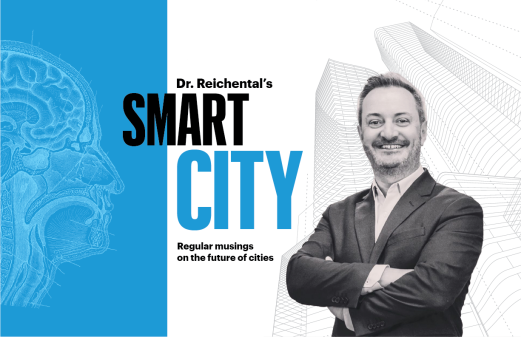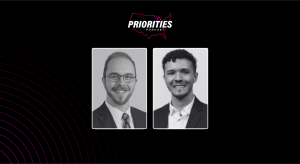Women- and minority-led businesses get a hand in new five-city cohort

Chicago; Los Angeles; Milwaukee; Charlotte, North Carolina; and Memphis, Tennessee, are members of the latest cohort supported by a City Accelerator program to encourage women- and minority-led small businesses to participate in the government procurement process.
This will be the fourth cohort of U.S. cities in the City Accelerator program, which is supported by Citi Foundation and led by Living Cities. City Accelerator has worked with 12 cities in past projects to increase opportunities for lower-income residents, including Philadelphia and San Francisco. Each of the five cities in the latest cohort will receive a $100,000 grant, in addition to coaching and support from Griffin and Strong P.C., an Atlanta-based law and public policy firm chosen to help lead the cohort.
“These cities are taking a hard look at how they purchase goods and services for their communities,” Ed Skyler, chairman of the Citi Foundation, said in a statement. “They recognize that there is an opportunity to strengthen their procurement practices — and cities overall — by connecting directly with the diverse businesses and ideas within their communities.”
Julie Bosland, associate director for public sector innovation at Living Cities, told StateScoop that the cities will focus on a variety of projects during the next 12 months aimed at leveraging procurement spending to support local and small businesses.
This could include internal work to make procurement policy easier for businesses to navigate; helping local businesses increase capacity through hires, access to capital, and improved back-office functions; using city leadership to catalyze broader efforts with the help of corporations and public agencies; and using better data to identify opportunities for small businesses, said Bosland, who will manage the cohort.
“We know that when the diverse local vendors succeed through their contracts with the city, or with other anchors in the community, their success has this ripple effect, as they produce local supply chains, boost employment of local residents and generate local tax revenue,” Bosland said.
The cities will meet three times in the next year to share progress on their projects. Griffin and Strong P.C. will also complete site visits to help develop work plans that fit the specific needs and challenges of each city.
The goal, Bosland said, is for these cities to pilot innovative approaches to encourage growth of small businesses, discard failed ideas and ultimately share those ideas that work with other cities throughout the U.S.
“I think there will be a lot of really interesting work that comes out of this,” Bosland said. “Part of how we chose the cohort was both their commitment and their readiness to move forward and really push the envelope, and also a constellation of cities and projects that could really provide ideas in some different areas that would be models for other communities.”
Past City Accelerator projects designed around themes of infrastructure finance, community engagement, and infusing local government with a culture of innovation have shown “tangible progress and [have] really put in place national models,” Bosland said.
San Francisco has created a plan to protect transportation lines and land for affordable housing by financing reinforcement of the city’s coastal seawall. Philadelphia used innovative messaging and mailings to inform low-income seniors about available water bill subsidies, doubling the program’s participation.
“We’re excited about this opportunity in a new context and with a new set of cities to test ways to drive sustainable growth while increasing opportunity for lower income residents,” Bosland said.





